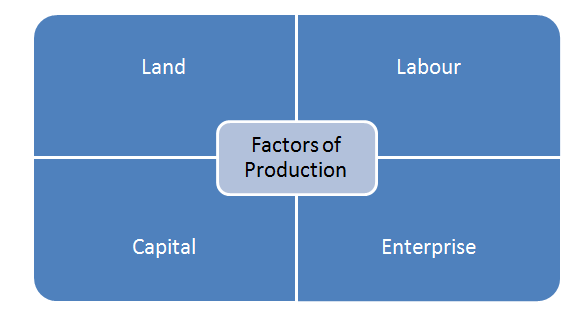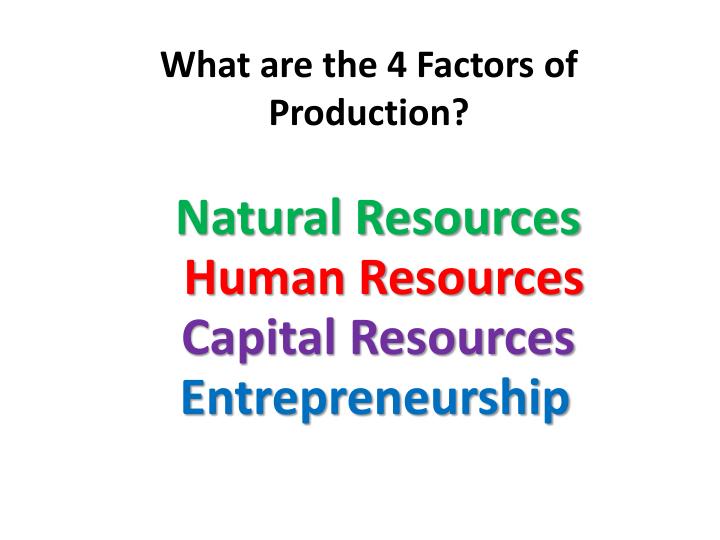
Many companies may use methodologies such as Lean or Six Sigma to formalize the efforts, but even without such methodologies, no process is static and production management requires reliance on honing and approving floor level process activities of equipment and labor. Process ImprovementĪll production managers are responsible for monitoring and driving continuous improvement.


This also involves active management against quality standards as well as close monitoring of production speeds against established measured run times. Here, much like a traffic officer in a busy intersection, managers direct staff and equipment to conduct the steps to complete their part of a finished good. Production control is the floor level application of design specifications. Different products run at different speeds and require numerous inputs to complete, so the decision of when is based on the overall product mix. It also requires deciding upon when production will start. For example – which machines or which facility. It requires managers to decide where production will begin. Production planning is the stage where the master schedule is produced. A well-designed and executed manufacturing operation translates directly into increased profits, controlled costs, and an improved bottom line.Īs production management requires the coordination and supervision of both people, materials, and equipment, managers need to continually make decisions in four key areas: Production Planning Effectively and continuously managing production is key in realizing efficiency gains and keeping the production process up to date. Sometimes also referred to as the 5 Ms of production, these include: 1) men (workforce and labor), 2) machines (equipment), 3) methods (production processes, workstations and routings), 4) materials (raw materials, components and/or sub-assemblies), and 5) money (financing and asset utilization). The role of production management is to harmonize all key aspects related to production. As such, production management involves managing physical materials and inventories, as well as adherence to design specifications, equipment utilization, performance, and labor in order to implement the company’s production strategy. It is an integral part of overall business management and encompasses overseeing both the planning as well as the execution of the manufacturing process. Production management is the process of managing the conversion of production inputs (raw materials, human resources, and capital) into production outputs (the goods that a company produces).

Production management aims to optimize production and find a balancing point between the quality and capacity of produced goods, as well as the time and resources spent on producing them. Managing the production process involves taking into account many variables such as the workforce, equipment, raw materials, workflow, and more. Manufacturing can be a complex undertaking regardless of the size of a company.
4 FACTORS OF PRODUCTION AND DEFINITIONS SOFTWARE
Production Management Software Solutions.Benefits of Production Management in Manufacturing.



 0 kommentar(er)
0 kommentar(er)
